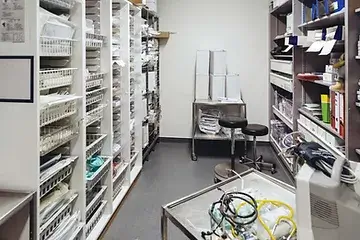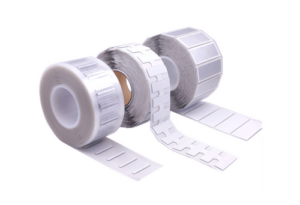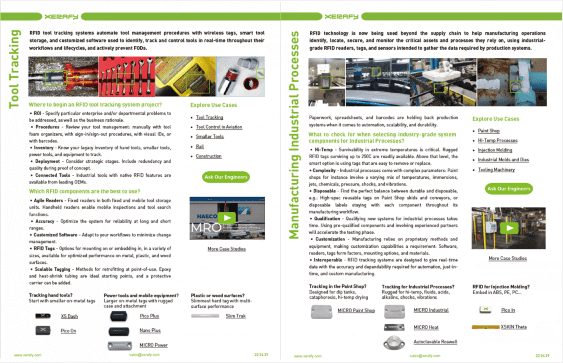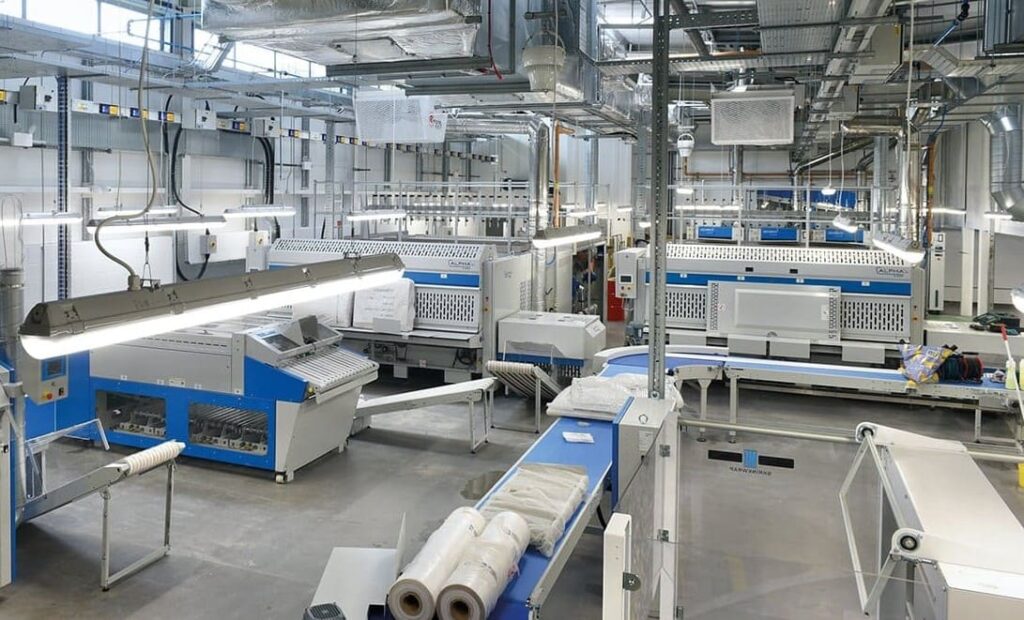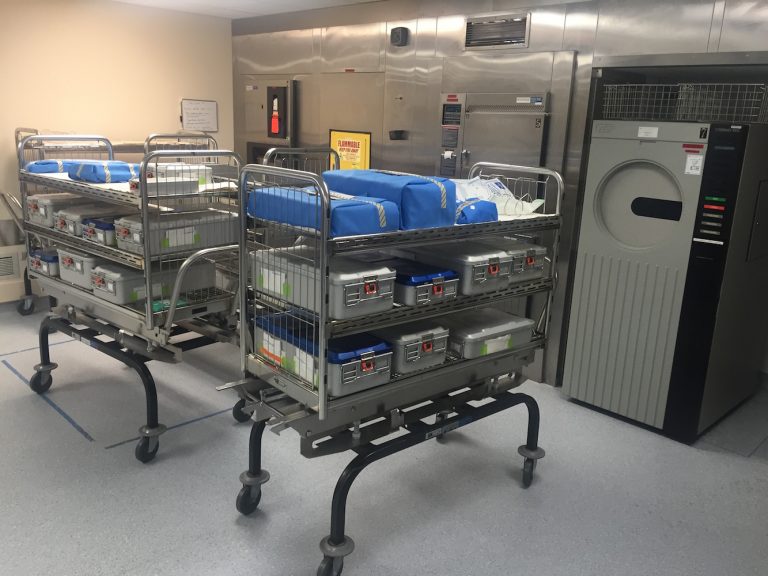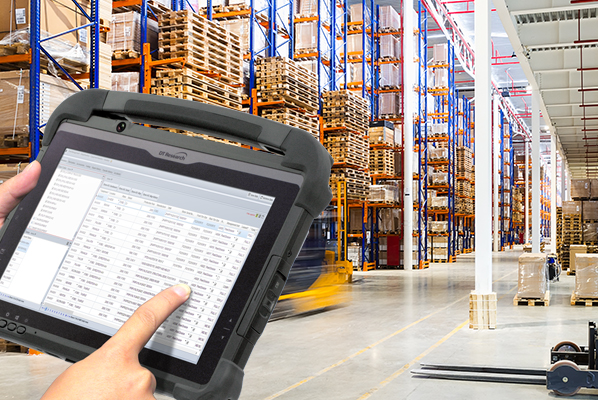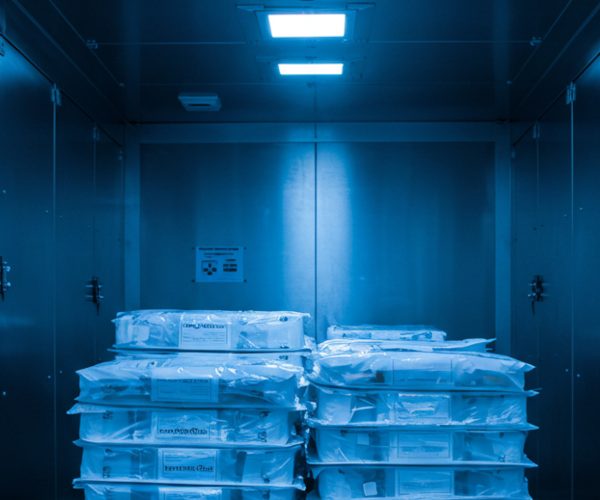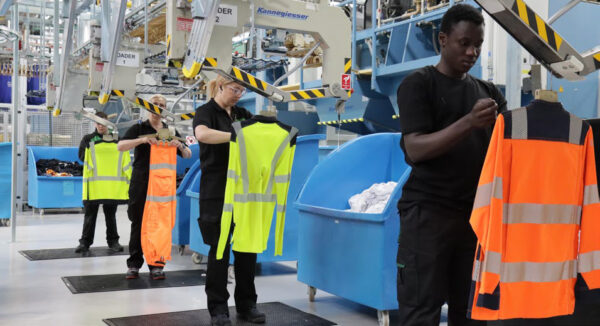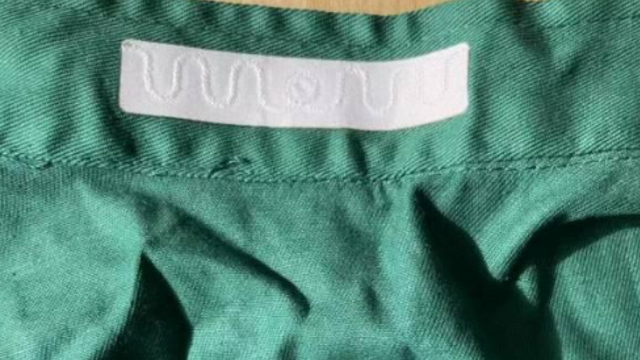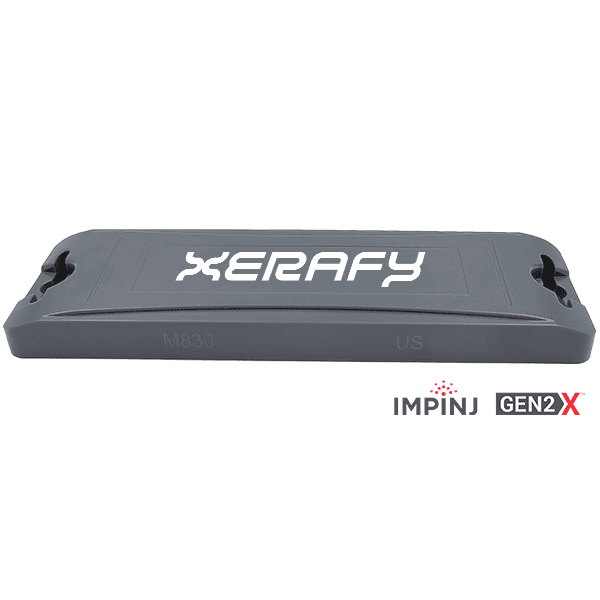Hospitals are facing extensive manual labor to track and monitor supply usage. They recognize that being out of critical equipment is not an option, and their processes are consuming valuable time. How can hospitals reduce administrative burden and streamline inventory management?
Challenges for hospitals in tracking and monitoring supply usage
Replenishing inventories, balancing costly inventory excess vs. patient-critical supplies, automating labor-intensive counting and documenting, managing expirations and recalls: Increasingly, these operational challenges are turned into opportunities.
What if usage analytics could be used to help eliminate waste, optimize inventory levels, and forecast future consumption? What if recall programs could be executed extensively and faster, using data to improve patient safety? Hospitals have come to see the potential in leveraging data to enhance their supply tracking and monitoring efforts. They seek systems that could automate the labor-intensive tasks of counting and documenting inventory, freeing up valuable time for their staff to focus on patient care.
Additionally, they envision a future where substances and high-value items could come embedded with their own active controls and protections, ensuring proper usage and reducing the risk of errors.
Furthermore, they explore the possibility of automating and managing loaner systems of consigned inventory remotely, aiming to streamline the healthcare provider-vendor relationship.
By embracing technological advancements and leveraging data-driven insights, hospitals aim to overcome their challenges and transform them into opportunities for improved efficiency and patient care.
RFID solutions that help manage medical supplies
Deployment at hospitals is partly driven by the extensive availability of existing RFID capabilities. They take advantage of RFID readers deployed throughout the facility and supplement them with handheld readers and dedicated solutions such as weight sensors for bin kits or smart cabinets for consigned inventory and controlled substances.
Adoption by hospitals is supported by medical distributors and manufacturers that have started RFID labeling their consumables and high-value items such as loaner trays, endoscopes, implants, and medical devices.
By doing so, they sense opportunities in terms of new added-value services such as usage analytics, inventory management, replenishment solutions, and other automated purchasing services.
They also respond to the evolution in the regulatory requirements regarding traceability from manufacturer to patient such as the FDA’s UDI in the U.S. (and the EU’s Medical Device Regulation 2017/745 and In Vitro Diagnostic Medical Device Regulation 2017/746, China CFDA’s draft of UDI regulation, and AS/NZS 4187:2014 for Australia and New Zealand).
RFID smart cabinet and labeling for medical supplies
RFID smart cabinets utilize advanced tracking and management capabilities to monitor the usage of medical supplies automatically.
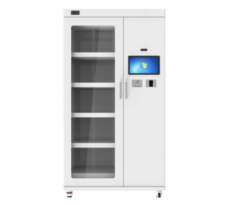
This is achieved by placing endpoints inside the cabinet, which are equipped with RFID technology. When a staff member needs to access the cabinet, they simply scan their badge, and upon opening the cabinet, they are prompted to choose the specific patient they are collecting supplies for. This process ensures that the usage of each supplied item is accurately linked to the corresponding patient.
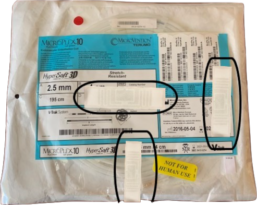

Once the staff member retrieves the required items and closes the cabinet, the cabinet’s RFID reader captures all the label IDs of the items taken. These label IDs are then compared to the inventory list within the system. If any item is nearing its expiration date or if the quantity of any item falls below a preset threshold, the software automatically generates order data, which is seamlessly integrated into the hospital’s management software.
The Xerafy Metal Skin® series offers high-performance on-metal RFID labels: durable, flexible, and long-range for precise asset and inventory management.
The award-winning labeling solutions have been co-developed with Fortune 1000 companies to deliver the ultimate labeling solutions for high-value items.
This type of labeling solution helps effectively streamline the management of supplies, by reducing manual labor and administrative tasks, increasing accuracy in supply ordering, and improving inventory records. Ultimately, it enables the hospital to efficiently track and manage medical supplies, ensuring that they are readily available when needed and minimizing the risk of stock shortages or expired products.
Xerafy is a pioneer in RFID, bringing to market several innovations that enable advanced identification and automation capabilities.
In addition to a complete range of field-proven RFID tags available off-the-shelf, Xerafy offers Custom RFID Tags services, covering everything from a personalization service bureau to custom-design engineering capabilities.
